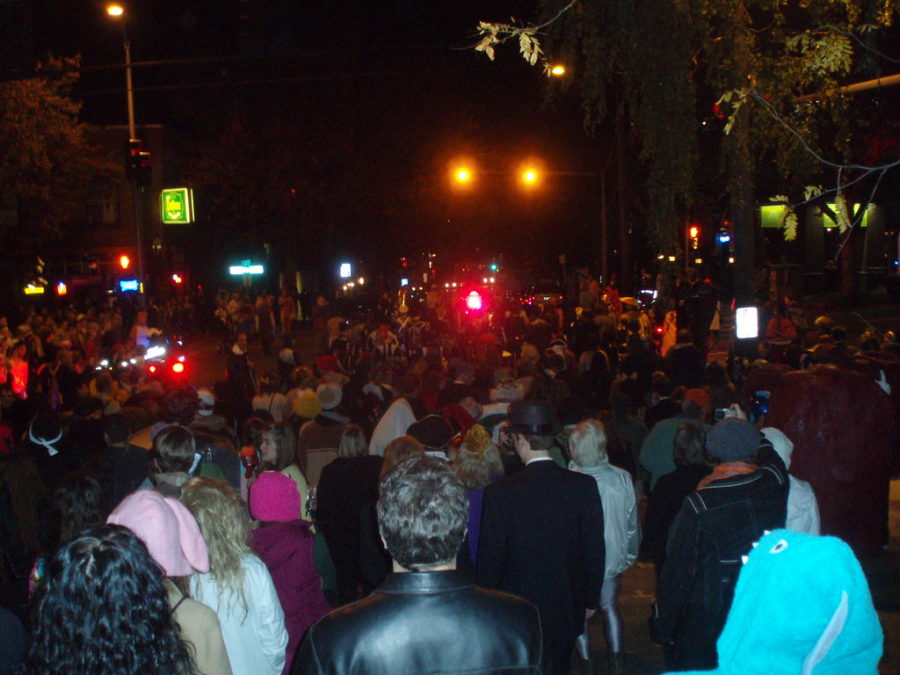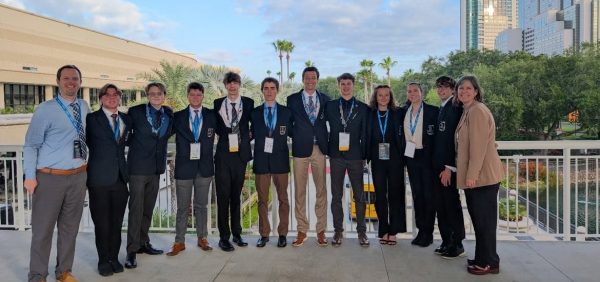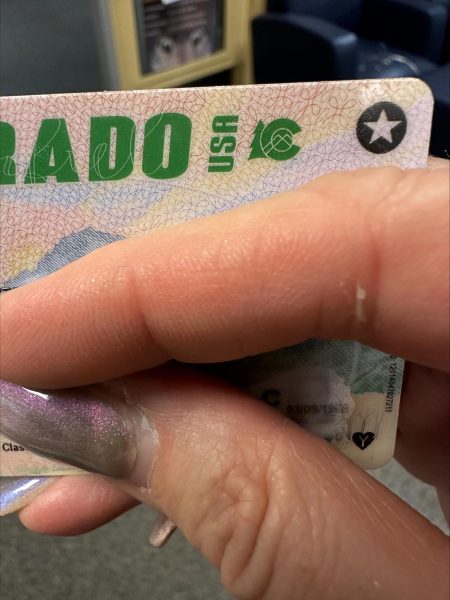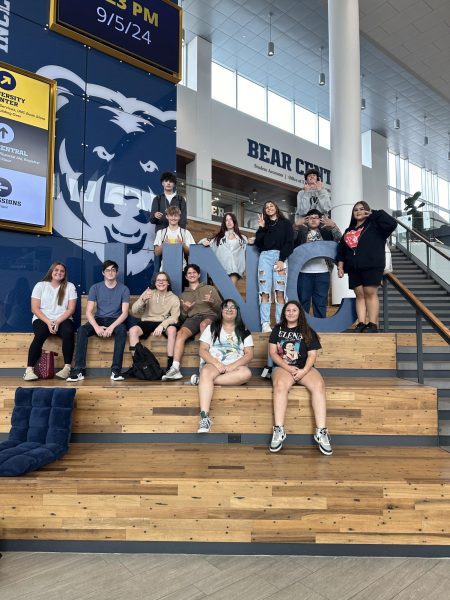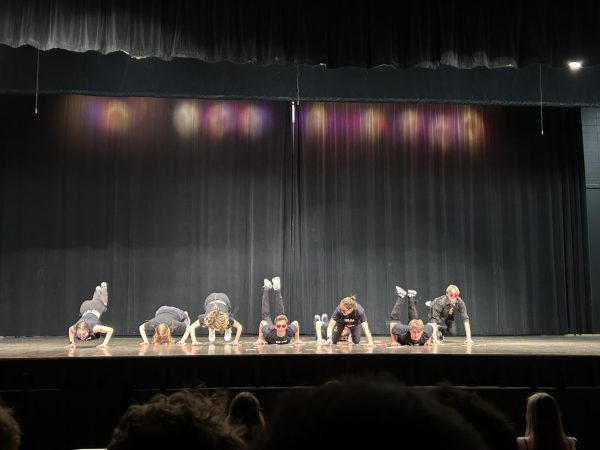Halloween and Cultural Appropriation: The Deadly Link
Halloween is always a fun experience, getting to dress up, and getting tons of free candy. But what many people ignore – or aren’t aware of – is the deadly link between Halloween and cultural appropriation.
“Halloween” by Shibby777 is licensed under CC BY-NC 2.0
People love Halloween, but some costumes can have harmful implications.
We all love Halloween, our love from it stems from all our happy childhood memories, getting free candy, and getting to dress up. But Halloween can have some dangerous side effects that we don’t always consider: cultural appropriation.
Cultural appropriation is the action of taking or using things from another culture that is not your own, especially without showing that you respect that culture. And it’s one of the biggest issues surrounding this time of year.
Not only can cultural appropriation be offensive, it can cost lives. At the center of this battle is the plight of Indigenous women. There are over 5,700 cases of missing or murdered Indigenous women in the U.S alone, says the National Indigenous Women’s Resource Center, and cultural appropriation plays a huge hand in this.
How? Especially in the cases of Indigenous woman, the costumes that many wear dehumanize these women. These costumes are often dubbed “sexy” and when looking for Indigenous women’s costumes most of them depict a woman in either tight, or barely clothed costumes. The words most commonly associated with “Native American Costumes” were “sexy,” “temptress,” “hottie,” and “pocahottie.” Almost all of them displayed themes of attracting men. The use of costumes like this enforces a view that Native women are sex objects.
Because of this view, 1 in 3 native women will be raped in their lifetime, and are 2.5 times more likely to be sexually assaulted than other women in the U.S., a statistic reported by the Department of Justice. 97% of these women have also experienced at least one violent act by a non-native perpetrator.
Costumes like these directly dehumanize indigenous women, and stems from historical victimization from colonial times. The Amnesty International (2007) report said that, “The fact that native american and Alaska native women have been dehumanized throughout US history informs present-day attitudes. It helps fuel high rates of sexual violence perpetuated against them and the high levels of impunity enjoyed by their attackers.”
Native women are only a small part of cultural appropriation, especially during Halloween. Dressing up in blackface, or like the cultures of Japan (ninjas), China (concubines), the Middle East, or even as a vaquero can be seen as offensive to cultures. So when you’re choosing a costume, be mindful of who it might affect.
See Seeber’s website for more of her stories.
https://mojo2510.wixsite.com/mysite/post/halloween-and-cultural-appropriation-the-deadly-link
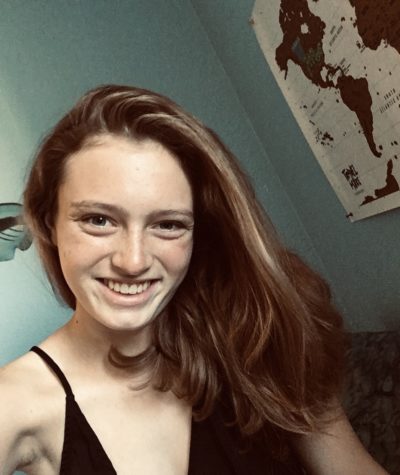
Mady is a sophomore at Rocky Mountain High School. She loves art (photography in particular), music, the ocean (marine biology), and journalism, and is...


